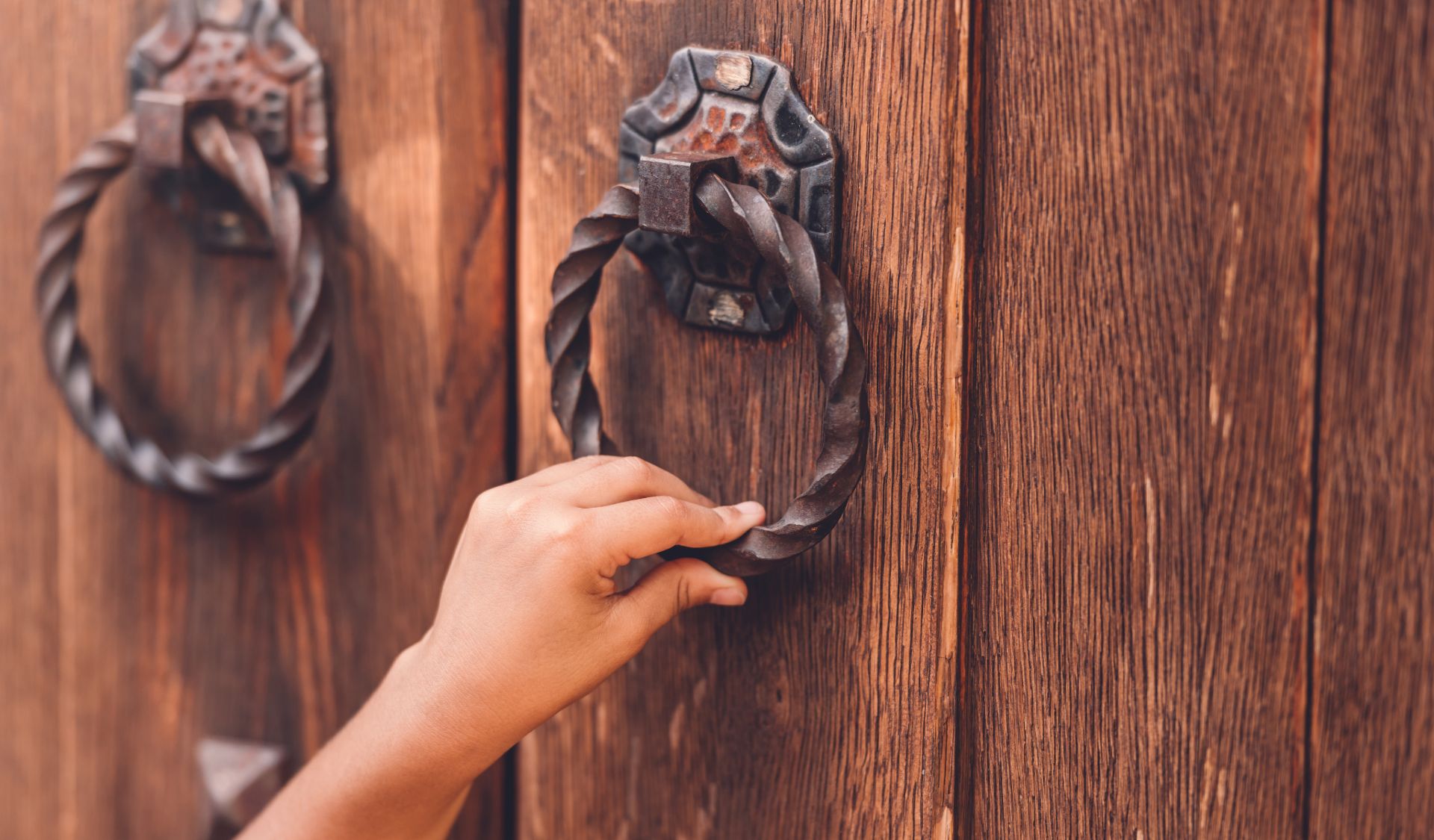Then Jesus told his disciples a parable to show them that they should always pray and not give up. He said: “In a certain town there was a judge who neither feared God nor cared what people thought. And there was a widow in that town who kept coming to him with the plea, ‘Grant me justice against my adversary.’ “For some time, he refused. But finally, he said to himself, ‘Even though I don’t fear God or care what people think,yet because this widow keeps bothering me, I will see that she gets justice, so that she won’t eventually come and attack me!’” And the Lord said, “Listen to what the unjust judge says. And will not God bring about justice for his chosen ones, who cry out to him day and night? Will he keep putting them off? I tell you; he will see that they get justice, and quickly. However, when the Son of Man comes, will he find faith on the earth?” Luke 18:1–8
What are the chances of getting justice from an unjust place? That too, when you are a helpless widow fighting against a powerful adversary in a court? How much more will your chances be reduced when the one who is presiding your case is a judge who is well-known for neither fearing God nor caring for what people think? The odds of getting justice in such a situation is near zilch.
She kept going back until she got what she wanted. How did she refuse to accept defeat?
Everything was against this widow in the above parable. We see here: The world was against her (she had to fight for herself without anyone against everyone), people were against her (the adversary and the judge), system was against her (no fear of God or care of people was an acceptable norm). She was alone against the world; she was refused by the judge and denied justice, which was her right.
Then the judgment was announced. She won the case. How?
She won because she didn’t give up.
She kept going back until she got what she wanted. How did she refuse to accept defeat? Injustice was not something she could live with. It was not the unjust system she wanted to change but the unfairness to her and maybe injustice within her—of living with not giving the just fight and seeing the justice prevail. Her relentless passion for pursuing justice ultimately paid, and it eventually changed the system.
Why did she keep fighting? What was it that made her to never give up?
Without faith, prayer is just a traditional utterance that rises as smoke and disappears into thin air.
Few things that can be implored, though the text doesn’t give us many details, are:
She believed in what she was fighting for.
She believed justice could come from unjust system.
She believed it is an injustice to give up on justice.
Justice comes when one doesn’t give up.
The above parable was told by Jesus when emphasising that we should never give up on prayer. But in the end, he asks a compelling question that connects so impressively to the mystery above and is the key to everything what he just said, “However when the Son of Man comes, will he find faith on the earth?”
Everything that we hope for or we ask for hangs on faith. Without faith, prayer is just a traditional utterance that rises as smoke and disappears into thin air. But when faith finds its presence, the prayer moves into a new dimension:
- Faith makes prayer real
- Faith makes prayer resolute
- Faith makes prayer see justice in unjust environment
*Faith makes us believe in a just God How often do we accept injustice and blame the unjust system while justice gets denied due to our unjust attitude or lack of faith? May we know that prayer is an act of faith. Prayer is faith—faith in the one who hears our prayer.






